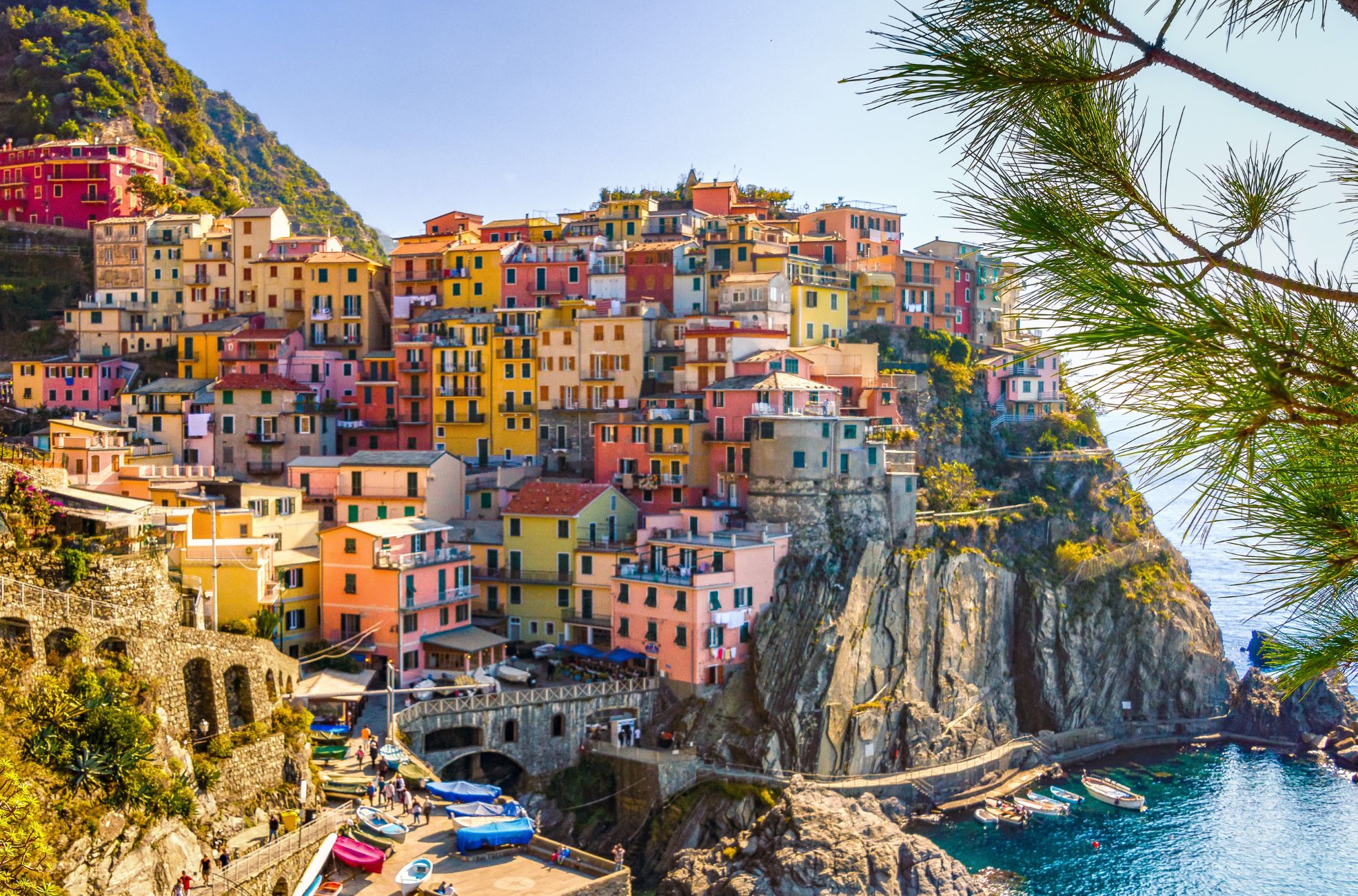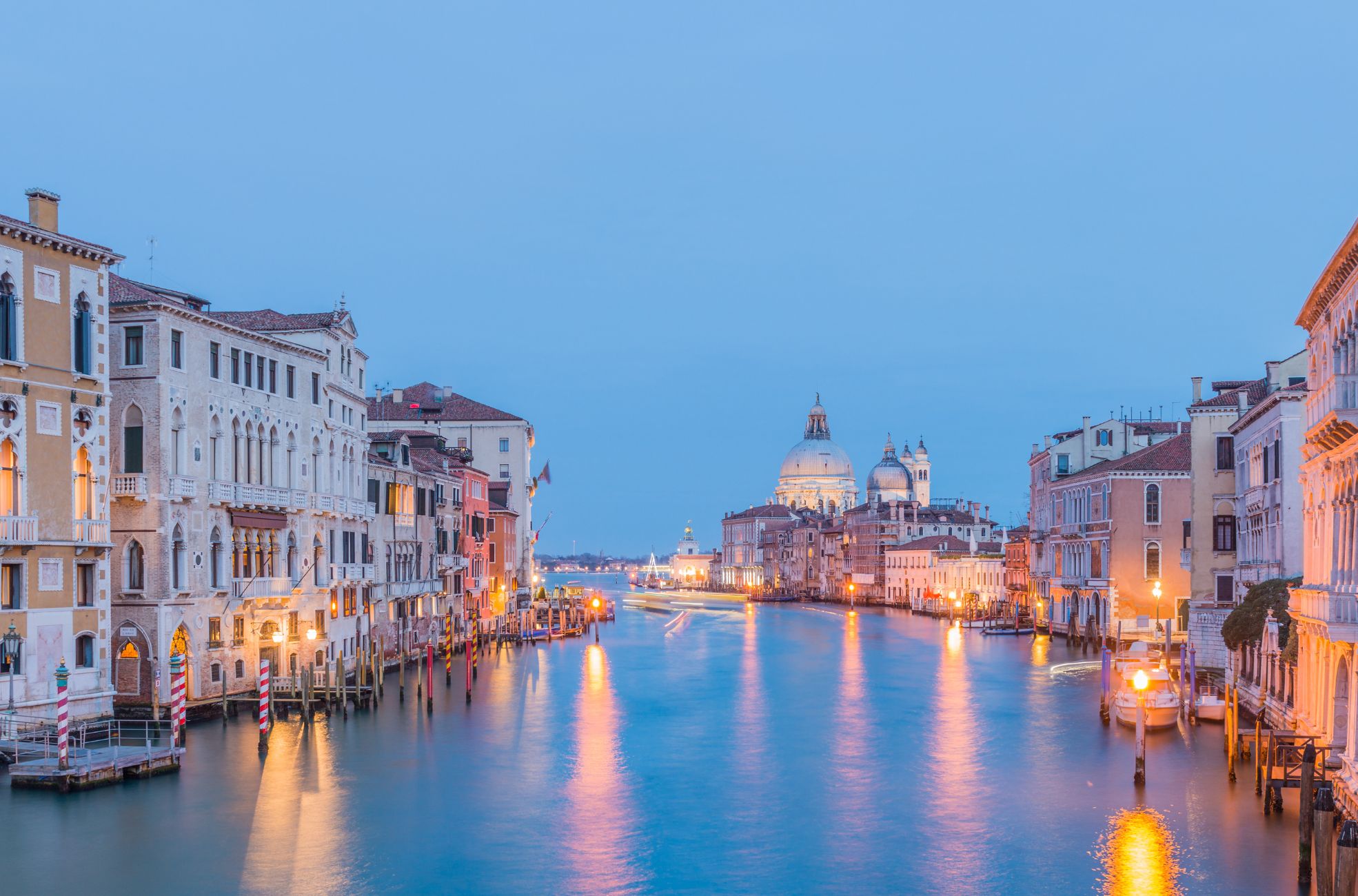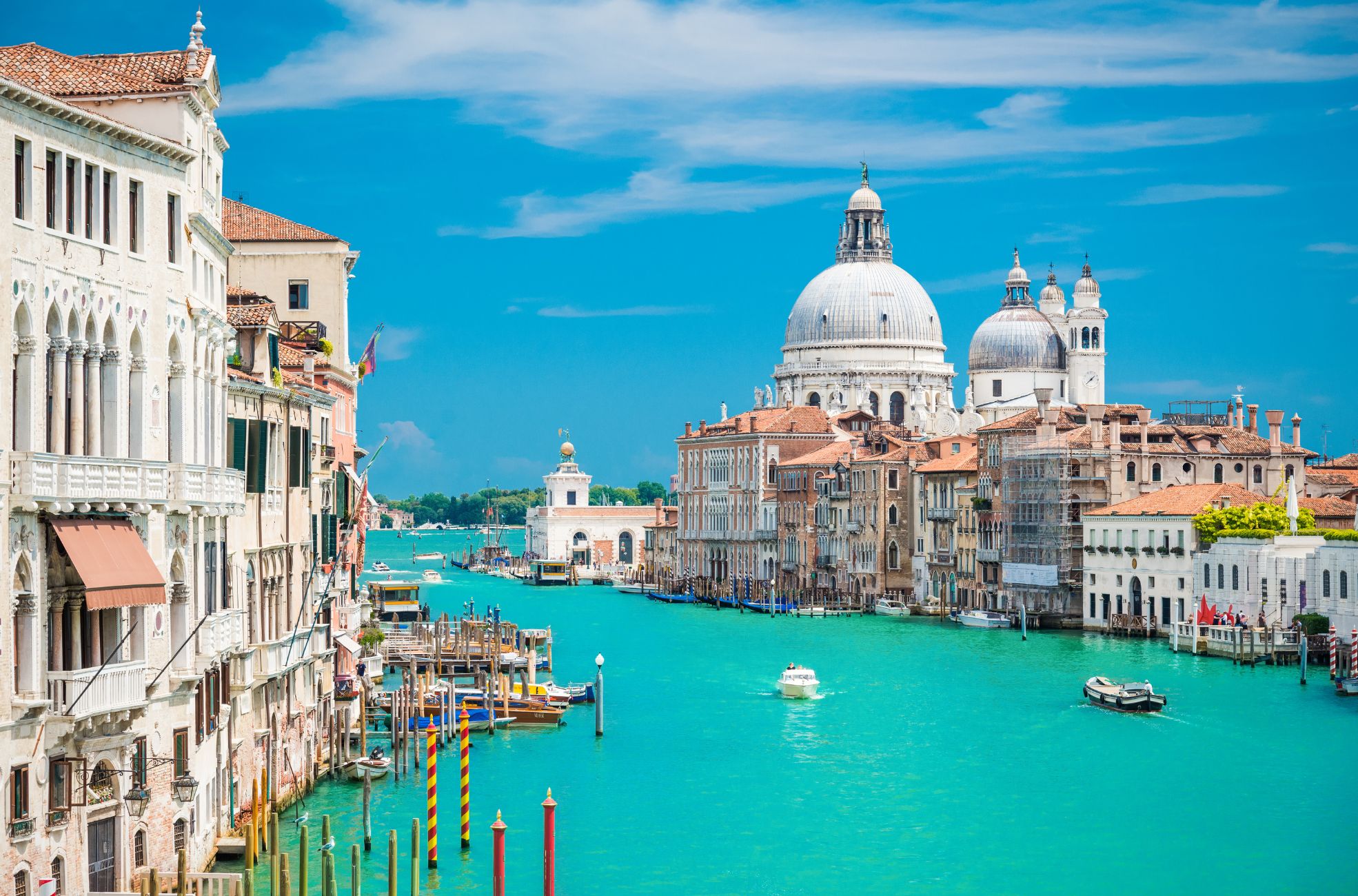Securing an Italy visa from Dubai is essential for residents looking to travel to this European gem, whether for tourism, business, or longer stays. The journey towards Italian shores begins with understanding the visa requirements, types, and application process tailored for Dubai-based expatriates and UAE nationals. With a Schengen visa, applicants can look forward to exploring Italy’s rich culture, history, and breathtaking landscapes. We give an overview of obtaining the necessary visa, from the initial eligibility criteria to scheduling an appointment at the Visa Application Center.
We also look at starting a business in Italy as an expat, showcasing the unique opportunities and considerations involved. Whether you’re dreaming of the rolling hills of Tuscany, the waterways of Venice, or the historical magnificence of Rome, this article will navigate you through the visa acquisition process, bringing Italy one step closer.
Italy Visa Requirements for Dubai Residents
Eligibility Criteria for Dubai Residents
If you’re a Dubai resident, you can enter Italy without a visa only if you’re a UAE national and your stay doesn’t exceed 90 days. But suppose you’re an expatriate living in the UAE with a valid residence visa. In that case, you must apply for a Schengen visa to visit Italy. You can do this through VFS Global in Dubai.
UAE passport holders can get a Visa On Arrival for short stays under 90 days. Just ensure you’re ready to show the necessary documentation when you arrive.
Types of Italian Visas Available
Italy offers a range of visas, depending on why you’re visiting. Suppose you’re planning a short trip or a longer stay, or you have different travel intentions. In that case, it’s important to apply for the right visa. If you’re also visiting other Schengen countries, a visa from any Schengen country might be enough for short visits.
But if you’re staying longer or Italy is your main destination, you’ll need to apply for an Italian visa specifically.
Documents Required for the Application
You’ll need many documents to apply for an Italian visa. A passport with at least three months’ validity beyond your return date and at least two blank pages is necessary. You’ll also need to provide a recent passport-size colour photo with a white background.
To back up your travel plans, you must show confirmed flight bookings and proof of accommodation, like hotel reservations. A cover letter explaining why you’re visiting is also required. You’ll need to prove you have enough money for your trip, which could mean bank statements, credit card statements, or personal assets and investments details.
Plus, you’ve got to have travel insurance from a reliable insurance company before you apply for the visa.
Application Fees and Payment Methods
The cost of an Italian visa from Dubai varies. Still, on average, it’s $80 (AED 297) for adults for a short trip and $40 (AED 149) for kids under 12. Remember, the visa application fee is non-refundable, even if they don’t approve your application. Payment methods are usually explained during the application process.
You should check with VFS Global to confirm which forms of payment they accept when you book your appointment. The processing time for an Italian visa application is typically at least 14 working days from when they receive all your documents. Make sure you plan ahead so you’ve got enough time for the visa to be processed before you’re set to leave.

The Application Process for an Italy Visa in Dubai
Steps to Applying for an Italy Visa
To secure an Italian visa, you must complete several steps. You can choose from single-entry, double-entry, or multiple-entry visas based on your itinerary and the consulate’s decision.
Your passport should have a minimum validity of six months beyond your intended departure from the Schengen area. Ensure you have all required travel documents, including onward or return tickets and, if necessary, entry permits for subsequent destinations. You must also demonstrate sufficient funds for your visit and possess a valid residence visa for the UAE.
When submitting your application, include a filled-out and signed application form, your original passport, photocopies, and previous Schengen visas, if applicable. Attach a recent passport-size photograph with a white backdrop, confirmed return flight bookings, and any intra-Schengen travel arrangements.
Proof of financial means, such as six months’ worth of bank statements, is essential. A letter from your employer detailing your employment status and income is also necessary. Payment for the non-refundable application fee can be made using credit or debit cards.
An invitation from the host company in Italy is required for a business visa, stating their full address and the dates of your visit. It’s important to note that individuals of all ages must have a valid visa to enter Italy.
Scheduling an Appointment at the Visa Application Center
After preparing your documents, the subsequent step is to arrange an appointment at the Visa Application Center to submit your paperwork and provide biometric data. Appointments can be booked online or via a call centre, and it’s advisable to do this promptly due to high demand.
Tracking Your Visa Application Status
Once your application is submitted, the review period can extend beyond the typical 3 to 5 days. Monitoring your application’s progress is possible online using a reference number provided upon submission. Staying informed about your application’s status can assist in organising your travel plans more effectively.
How to Start a Business in Italy as an Expat
How to Obtain a Business Visa in Italy
For non-EU citizens aiming to establish a business in Italy, securing a business visa is a crucial initial step. Begin by obtaining a Nulla-Osta, a clearance indicating no legal impediments to your business venture. This document is issued by the Comune or the Chamber of Commerce, depending on the nature of your business.
You must demonstrate a minimum financial capacity of $19,300 through a Certification of financial and economic parameters issued by the Chamber of Commerce, which does not verify the actual availability of these funds.
The principle of reciprocity plays a significant role; Italy must offer you the same opportunities that an Italian would receive in your country of origin. This can be confirmed at the Italian Embassy in your country.
Holders of a long-term residence permit can engage in any business activity. However, establishing a company does not grant the right to reside in Italy beyond the standard 90-day period. To manage your business locally, a valid residence permit is necessary.
Suppose you’re already in Italy under different conditions. In that case, you may have the option to convert your existing permit to one for self-employment upon renewal.
Registering Your Business in Italy
Once the legal prerequisites are met, you must register your enterprise with the Italian Business Register 30 days after commencing operations. A photocopy must be included with your registration if you possess a residence permit.
Should your residence permit be pending or under renewal, you must provide the receipt from your correspondence with the Centro Servizi Amministrativi in Rome, along with a photocopy of your passport containing a valid type “D” visa.
The structure of your business will vary based on your requirements. Italy offers various forms, including SRL and SRLS, which are prevalent limited liability companies that provide flexibility to founders. Alternatively, a sole proprietorship may suit smaller ventures or an innovative startup if your focus is on high-tech products or services.
Foreign entities may also establish branch or representative offices as a means to enter the Italian market.
Licences and Permits
Certain businesses may require specific licences and permits. It’s imperative to understand the regulatory requirements for your business category. The process of establishing a company, including obtaining a VAT number and opening a bank account, typically spans 5-6 working days post-initiation, although this duration can vary.
There are no nationality-based restrictions for opening a company in Italy for most individuals. Directors and shareholders are not mandated to be residents; a valid ID or passport suffices. However, securing a legal residence and work permit is mandatory if you plan to relocate to Italy for business management purposes.
Navigating the administrative landscape can be daunting, but the process can be streamlined with adequate preparation, defined objectives, and professional guidance. Engaging with local consultants can significantly facilitate your entry into the Italian business environment, as they can assist with a range of services, including tax, accounting, payroll, and immigration.

Which Parts of Italy Should You Visit?
Tuscany
This central region is a patchwork of undulating terrain and vineyards, peppered with historic settlements and Renaissance art. It’s a paradise for those who appreciate fine art and gastronomy. The capital, Florence, is a cultural repository, home to the Uffizi Gallery and the renowned statue of David by Michelangelo.
UNESCO recognises the city’s historic centre for its cultural and historical importance. Beyond the capital, the Tuscan countryside is sprinkled with elevated towns such as Siena, celebrated for its impressive cathedral and the distinctive Piazza del Campo. The area’s viticultural heritage is notable, with esteemed wines like Chianti and Brunello di Montalcino.
For those wishing to immerse themselves in the Tuscan scenery, the Val d’Orcia offers iconic vistas that have influenced many Renaissance artists.
Venice
This city is a labyrinth of waterways and architectural splendours. Situated in the Veneto region, Venice is built on a lagoon and is a testament to human ingenuity. Its canals, historic buildings, and the splendour of St. Mark’s Basilica offer an unforgettable experience.
Rome
The capital city is a tapestry of historical epochs, from the majesty of the Colosseum to the sacred Vatican City. Rome’s historical layers are visible in its varied architecture, ancient remnants, and the lively squares that form the core of Roman life.
Sardinia
This island offers a distinct experience with its rugged coastlines, unspoiled beaches, and the charm of the Mediterranean. Sardinia’s unique traditions and gastronomy provide a different taste of Italian culture.
When considering a journey to Italy, these destinations provide insights into the nation’s essence. Each place, with its unique allure and heritage, adds to Italy’s diverse tableau. Whether it’s Florence’s artistic and architectural heritage, the enchanting canals of Venice, the historical grandeur of Rome, or the natural splendour of Sardinia, Italy promises a tapestry of enriching experiences.
Embarking on Your Italian Adventure
The journey to Italy from Dubai begins with careful planning and the right documentation. Securing your visa is your passport to Italy’s storied cities, vibrant culture, and breathtaking landscapes. With the detailed guidance provided, you’re now equipped to navigate the visa application process smoothly.
Rest assured, the effort will be worth it when you’re sipping an espresso in a Roman piazza or cruising the canals of Venice. Keep this guide handy, cross-check your checklist, and get ready to embrace la dolce vita.
Buon viaggio, and enjoy every moment of your Italian escapade!
FAQs
What Happens If My Visa To Italy From Dubai Is Refused?
In the event of a visa denial, you have the right to appeal the decision. You can engage a legal representative and file an appeal with the TAR of Lazio within 60 days of receiving the notice of refusal. The timeframe to appeal is not restricted for national visas related to family reasons. Such cases must be appealed to the Ordinary Court through a lawyer. While the initial rejection is irreversible, you have the opportunity to reapply or seek legal recourse.
How can I get a visit visa from Dubai to Italy?
Identify the appropriate visa for your visit and complete the Schengen application form. Assemble all required documents, including a valid passport and proof of financial means. The application and the necessary documents can be submitted at the designated application centre after scheduling an appointment. Online applications are also possible through platforms like VisaHQ, which provide a step-by-step application and document submission process. The review period for visa applications may vary.
How much bank balance is required for an Italian tourist visa?
The required bank balance for a tourist visa varies with the duration of stay and the number of travellers. The minimum daily balance for accommodations like hotels is $48 while staying with acquaintances requires $28 per day. For individual travellers on a five-day visit, the minimum is $295; for groups, it’s $230. For six to ten-day trips, the per-person rate is $49. For 11-20 days, the daily requirement is $40 per person, and for longer than 20 days, it’s $30.50 per person, with a total of $295. These are baseline amounts; having additional funds may enhance the likelihood of visa approval.
How can I get an Italian work visa from Dubai?
Select the visa that corresponds to your employment type and gather all pertinent documents, which may include an official invitation from your future employer in Italy. Submit your application and documents to the appropriate centre, ensuring you have an appointment. Online application services like VisaHQ can also be utilised, offering a streamlined process for applying for various visas. Ensure you meet all the requirements and have all the necessary documentation to prevent potential setbacks.









